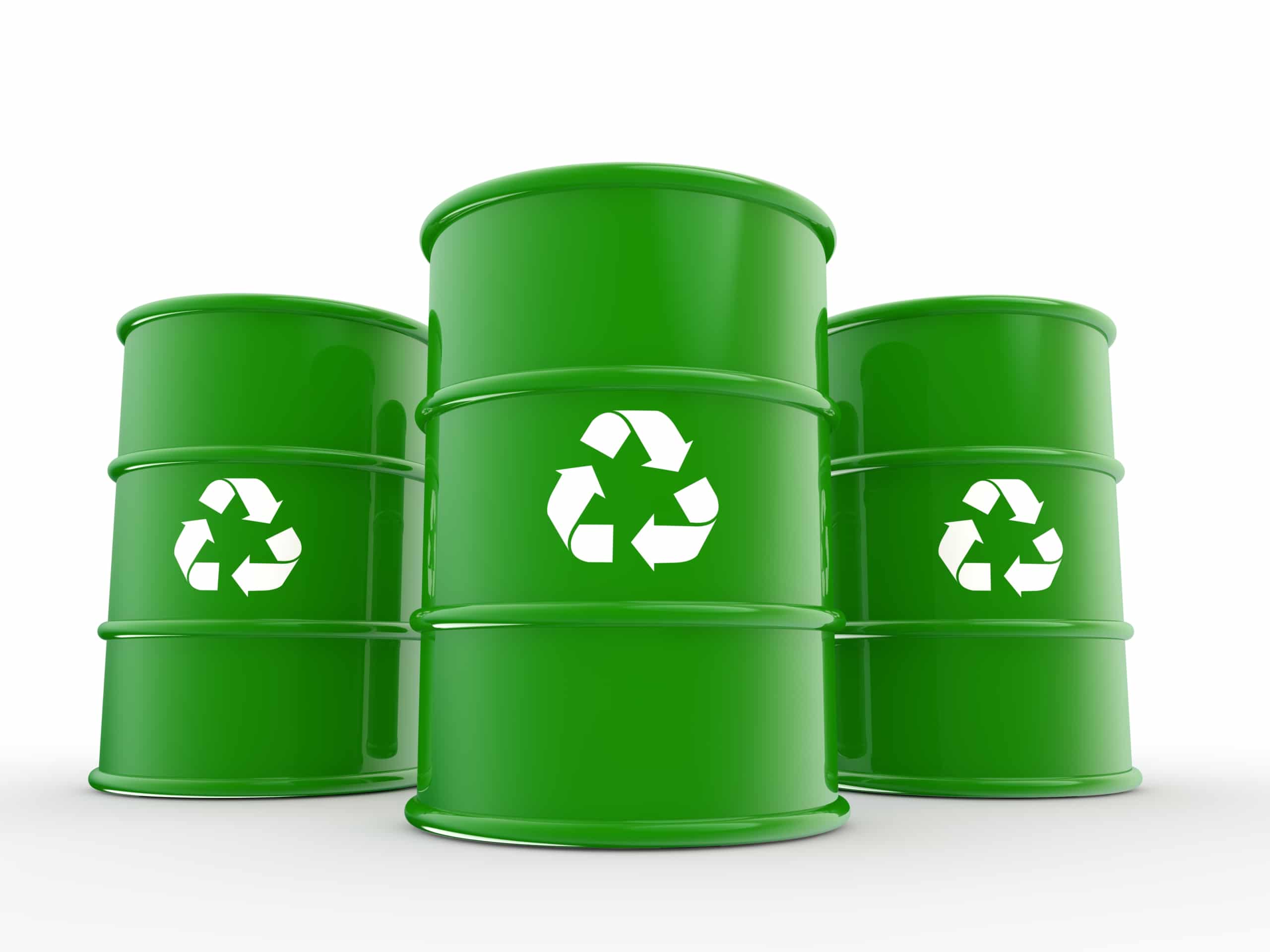Solvent recovery systems allow solvent to be recycled and reused for cleaning operations. For many organizations, the simplest way to recover solvents is to use them in a pressurized parts washing system that performs solvent recovery automatically, such as by using condensation to separate the solvent from soils it collects during the cycle.
Below, we take a brief look at four important financial benefits that come with using solvent recovery systems that operate in this manner. If your company needs guidance on selecting a parts washing system that would make solvent recovery a reality, contact Ecolink to speak with a product specialist.
- Reduced Solvent Expense
Because solvent recovery lets you reuse a single application of solvent for multiple cleaning cycles, you naturally use less solvent, which reduces the frequency of your solvent purchases. Considering the cost of best-in-class cleaning solvents, using solvent recovery systems can easily save large-scale users thousands of dollars a month.
- Lower Waste Disposal Cost
Large-scale users typically have a big chemical waste disposal bill that reflects the investment they make in cleaning solvent. Parts washers that have solvent recovery systems can perform solvent recovery internally, which keeps the cleaner inside the washer and out of the waste trap. The only substance that enters the waste trap is a mixture of the soils that the cleaning solvent removed during the pressurized parts washing cycle.
- Improved ROI for Parts Washer
One factor that impacts the return on investment (ROI) for a parts washing system is how much solvent the equipment uses. Increased productivity is responsible for much of the ROI, but increasing cost savings due to purchasing less solvent can play a part, too. The more times you can recover and reuse a single application of solvent, the faster you break even on your investment in the machine.
- Reduced Chemical Exposure
Another benefit of using solvent recovery systems that perform solvent recovery internally, is that workers who operate the systems experience less exposure to potentially harmful fumes, especially when solvent recovery is performed in a sealed chamber.
Any company that’s been on the receiving end of a chemical injury suit knows what a difference reducing chronic chemical exposure can make. When damage from chemical exposure results in chronic, debilitating health conditions, injury settlements can reach into the multiple millions of dollars.
Who We Are
Ecolink is an industry-leading supplier of industrial grade, environmentally preferred and environmentally safe cleaning solutions. We specialize in providing stock solvents and custom, toll blended solvents that have a better safety profile than most early generation solvents, while delivering the same or better power than the hazadous solvents they replace.
To ensure you get the right product, we give you have the option of receiving a free test sample of the solvent you might purchase. To inquire about our products, give us a call today at (800) 563-1305, or fill out the contact form on our website. We look forward to helping you select solvents for your organization’s industrial cleaning requirements.















